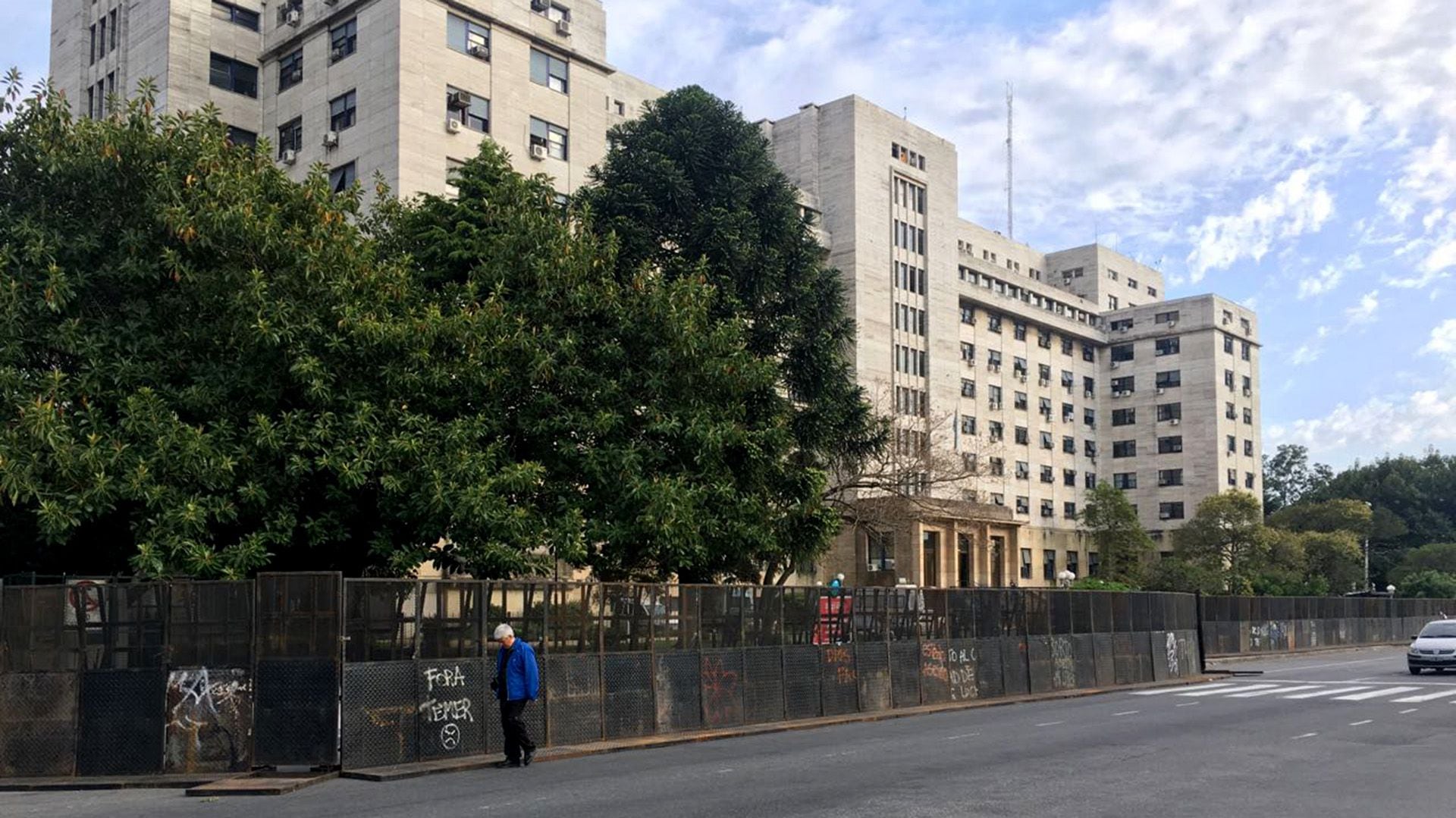
The Federal Chamber of Criminal Cassation decided to reject “a probation” and ordered to carry out the oral and public trial to clarify why a public hospital paid salaries to gnocchi employees. One of the defendants seeking to avoid the trial was a former auditor of the establishment; the other, one of the employees who is accused of receiving such salaries without attending the health center. The events occurred between 2013 and 2017 at the Dr. Baldomero Sommer National Hospital, the reference establishment for the care and treatment of Hansen's Disease -leprosy-.
According to the judgment granted by Infobae, Judge Gustavo M. Hornos - in a one-person decision - confirmed the decisions of first and second instance and ordered that the suspension of the trial requested by public employees, accused of defrauding the public administration, be rejected. The official defense of the two defendants proposed such a way out, but the prosecution, in all instances, opposed it. The case reached the highest federal criminal court in the country.
Everything refers to those that occurred at the Dr. Baldomero Sommer National Hospital, dedicated to the national treatment of leprosy. The investigation aims to establish whether there were irregular appointments to staff who did not attend to perform functions. Among the defendants are former auditor of the establishment Gustavo Porcel and one of the employees Carlos Alberto Tiraboschi, who sought probation.
Tiraboschi is accused of “not having attended from 22 November 2013 until 10 July 2017, without justification, to serve in the position for which he was appointed as Administrative Analyst of the Dr. Baldomero Sommer National Hospital; but receiving salaries corresponding to the function he should have performed daily, causing damage to the public administration of approximately $1,257,260, at that time, which would be approximately U$D 150,000 at that time”, states the cause.
It wasn't the only fact. “From January 2015 to April 4, 2017, Mrs. Elsa Beatriz Borghi, who was administrative staff of the Dr. Baldomero Sommer National Hospital in the General Rodríguez party, did not go unjustifiably to her workplace or perform tasks in the hospital, however, she continued to earn in that hospital period, all salaries corresponding to Level “D” Grade “0″ Decree No. 2098/08, for which reason caused injury to the public administration, of approximately $273,779)”.

The investigations point to Gustavo Eduardo Felipe Porcel, auditor of the Dr. Baldomero Sommer National Hospital; and José Luis Irrazábal, who served as Head of Human Resources of that hospital. “Both have appointed Maximiliano Tiraboschi to the Level “C” position of SINEP on December 30, 2013 and December 30, 2014, without meeting the seniority requirement required to hold that position.” According to the resolution, “the facts described were framed in the crime of fraud against the public administration, repeated twice, as a necessary participant, in real competition with that of co-author of the crime of illegal appointment”.
With the prosecutions confirmed, the case was about to go to trial. But the official defense of Porcel and Tiraboschi appealed. Both questioned being treated as public officials.
Article 77 of the Penal Code provides that "the terms 'public official' and 'public employeee', used in this Code, designate anyone who accidentally or permanently participates in the exercise of public functions, either by popular election or by appointment of competent authority”. And the Law on Public Ethics establishes by public service “any temporary or permanent, remunerated and honorary activity carried out by a person on behalf of the State or in the service of the State or its entities, at any of its hierarchical levels”.
And article I of Annex I to the Inter-American Convention Against Corruption (approved by Act No. 24,759) provides that “for the purposes of this Convention, “a) 'PUBLIC FUNCTION' means any temporary or permanent activity, remunerated or honorary, performed by a natural person on behalf of the State or in the service of the State or of its entities, at any of its hierarchical levels. b) 'PUBLIC OFFICIAL', 'GOVERNMENT OFFICER' or 'PUBLIC SERVANT': any official or employee of the State or its entities, including those who have been selected, appointed or elected to perform activities or functions on behalf of the State or in the service of the State, in all their hierarchical levels”.
“It is clear then that when identifying the subjects targeted by the norms, they make no distinctions in terms of hierarchy” and that “all agents of the State are likely to be reached by the rule,” said Judge Hornos.
The fact is key: the Penal Code establishes that “the person accused of a crime of public action punishable by imprisonment or imprisonment for a maximum of not more than three years may request the suspension of the trial”, offering in return “to take care of the damage to the extent possible, without implying confession or recognition of the corresponding civil liability”. But that option does not apply to public officials.
Continue reading
Últimas Noticias
Debanhi Escobar: they secured the motel where she was found lifeless in a cistern

The oldest person in the world died at the age of 119

Macabre find in CDMX: they left a body bagged and tied in a taxi
The eagles of America will face Manchester City in a duel of legends. Here are the details

Why is it good to bring dogs out to know the world when they are puppies




